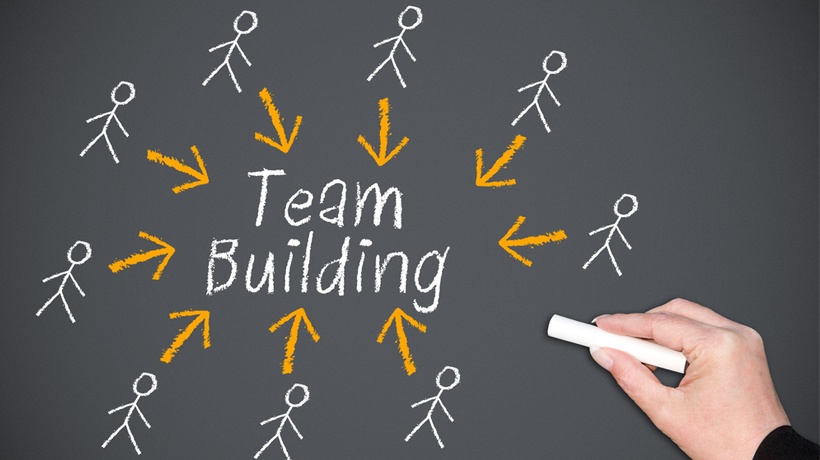Vital Survival Skills In Modern Life: Thinking In Teams
If you are reading this, you are descended from a long line of thinkers. How do I know this? Because thinking is the pre-eminent survival skill. For you to exist means that your humanoid ancestors thought their way to surviving long enough to breed. Those ancestors who did not develop thinking amongst their skill sets either became other members of the great ape family tree or became extinct. Thinking won out. And voila, there you are as much a product of your ancestors’ thinking skills as their genetic impulse to survive death.
Thinking means the ability to adapt. As Charles Darwin concluded,
“It is not the strongest of the species that survive, nor the most intelligent, but the one most responsive to change.”
So thinking is the most strategic form of survival.
Compare thinking to your car. Thinking is your brake pedal, gas pedal, steering wheel, fuel, transmission, wheels, headlights, driving directions, gauges, radar, antenna, driving mirrors, spare tire, emergency warnings, and your global positioning system. It’s even your entertainment system.
By thinking we can improve the odds of making better decisions, protect yourself and those you love, solve problems, overcome obstacles, make better use of information, come to conclusions in a more authentic way, maximize your potential, make wiser choices about competing options, transform yourself by adapting behavior and opinions and… Evolve.
That’s what we can do when thinking by ourselves. Thinking in teams has even more benefits. The diversity of the member’s social and informational backgrounds can be leveraged. The network effect is in play: If John and Joan are the only members, then there are only two bi-directional relationships. If a third member joins, there are now six bi-directional relationships. If a fourth member joins, that number is now twelve, and so on exponentially. Seven members is an ideal number. Teamwork enhances mutual respect and tolerance, team building and co-operative skills, speaking skills, rhetorical skills, leadership skills, and management skills.
Perhaps the most beneficial aspect of teams is that members get to teach others what they know. As Professor William Glasser proved,
“We learn 10% of what we read, 20% of what we hear, 30% of what we see, 50% of what we both hear and see, 70% of what is discussed, 80% of what we experience personally and 95% of what we teach to someone else.”
The vast majority of decisions that we make in life are concerned with subjective problems. A subjective problem is one that by definition has no right or wrong answer. We don’t pay people to re-discover objective truths: Answers to questions our ancestors discovered, facts in other words. We do pay people to think their way to a well thought-out opinion to a subjective problem: One that will not be proved right or wrong until the opinion has been acted upon and manifested in the form of a plan going forward. We do not know whether a marketing plan is a success until after it has been rolled out. So the better we are at thinking our way to a point-of-view on subjective issues, the better off our employer is going to be.
Thinking is an adaptive process. We are all born with the innate ability to think. We can even think about thinking. We can exercise that rare facet of thinking called empathy: we can imagine what someone else is thinking and mostly get it right.
Thinking is the ultimate survival skill for humans and their employers. It can be honed and it can be neglected. In this new information age its value is enormous. Change is happening at an unprecedented pace demanding constant adaptation.
Learning how to think in teams is a vital survival skill.
If you want to reap the benefit from your teams thinking collectively about your problems, spend seven minutes here and learn the basics of the Terego Enterprise Training method. If you like what you see, the handbook can be purchased at Terego Enterprise Training.
“This book is a must read for anyone engaged with enterprise teams, program or project management, or any other discipline involving human capital development.” - Ann Miller PMP.









